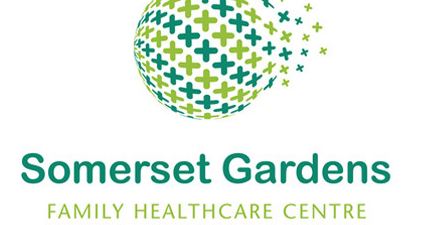What is Coronary Heart Disease?
Coronary heart disease refers to the condition where the heart's blood supply is obstructed or disrupted due to the accumulation of fatty substances in the coronary arteries. Over time, these arteries can accumulate fatty deposits, leading to a condition known as atherosclerosis, with the deposits referred to as atheroma. Lifestyle choices such as smoking and excessive alcohol consumption can contribute to atherosclerosis. Additionally, individuals with high cholesterol, high blood pressure, or diabetes are at an increased risk of developing this condition.
Symptoms of Coronary Heart Disease
The main symptoms of coronary heart disease are:
- feeling faint
- feeling sick (nausea)
- shortness of breath
- chest pain (angina)
- pain throughout the body
Coronary Heart Discease Information
British Heart Foundation - Coronary Heart Disease information & support
What is Angina?
Angina, characterized by chest pain due to decreased blood flow to the heart muscles, isn't typically life-threatening but serves as a warning of potential heart attack or stroke risk.
Managing angina and mitigating the risk of more severe issues is achievable through treatment and adopting healthy lifestyle habits.
Symptoms of Angina
The primary symptom of angina is chest pain. This pain typically:
- Possesses a tight, dull, or substantial quality.
- Causes discomfort and may radiate to the arms, neck, jaw, or back.
- Triggered by physical activity or emotional stress.
- Diminishes with a few minutes of rest.
- Has other symptoms that may encompass nausea and difficulty breathing.
British Heart Foundation - Angina information & support
What is a Heart Attack?
A heart attack, also known as myocardial infarction, occurs when the blood supply that brings oxygen to a part of the heart muscle is suddenly cut off. This obstruction can be caused by the buildup of fatty deposits and cholesterol in the coronary arteries, leading to plaque formation. If a plaque bursts, it can create a blood clot that blocks the arteries, causing a heart attack. Without quick restoration of blood flow, the section of heart muscle begins to die.
Symptoms of a Heart Attack
Heart attack symptoms vary from person to person. They can include:
- Feeling sick, sweaty, light-headed or short of breath.
- Sudden and persistent chest pain or discomfort that does not go away.
- Frequent coughing or wheezing can result from fluid accumulation in the lungs.
- Pain that radiates to your left or right arm, neck, jaw, back, or stomach can vary in intensity. Some may experience severe pain or tightness, while others may find it merely uncomfortable. It can manifest as a sensation of heaviness or a burning pain akin to indigestion.
- A sudden onset of anxiety that may resemble a panic attack.
British Heart Foundation - Heart Attack information & support
Coronary Heart Disease - information & how our practice can help
If you would like to speak to us in regards to any concerns and check you would like. Please contact the Practice to book a appointment by either:
Using our Online booking system
Using Patient Access App or NHS App
Phone us on 020 8275 6410
Practice care
The nurses perform the standard health checks, including blood pressure measurements and others. However, if you experience symptoms like chest pain, you will need to see the doctor.
Checks done in the practice
The practice should conduct the following checks annually, and more frequently if abnormalities are detected.
Examination
- Medication review: Patients with ischaemic heart disease (coronary heart disease) should be prescribed aspirin and a beta-blocker, such as atenolol or bisoprolol, unless contraindicated due to intolerance.
- Serum creatinine as a measure of kidney function
- Record the smoking status and advise all patients who smoke to quit.
- Blood tests
- For blood pressure, it is generally recommended to aim for a level below 150/90 mmHg.
- Cholesterol level, aiming for a level of 5 or less.
- After a heart attack, it is advisable for a patient to be prescribed an ACE inhibitor, such as lisinopril or ramipril.
Vaccination
The flu vaccine is recommended for all patients in the autumn.
